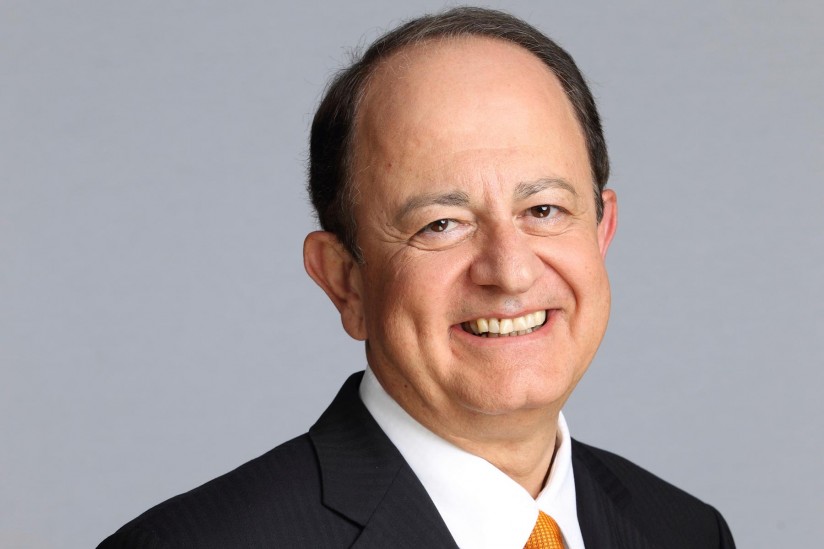 |
C. L. Max Nikias, former University of Southern California president. He is the holder of USC’s Robert C. Packard President’s Chair and the Malcolm R. Currie Chair in Technology and the Humanities.
Dr. Nikias served as USC’s provost and chief academic officer from 2005 to 2010, a time during which USC cemented its status as the nation’s fastest-rising research university. He earned accolades for his leadership, inventiveness and fundraising, as well as his passion for the arts and humanities and his ability to build partnerships among varied constituencies.
As president, Dr. Nikias has committed to establishing USC as a major engine of American economic, cultural and social development; as a preeminent global American university and a dynamic crossroads within an emerging Pacific era; as a top center for academic medicine; and as a world leader in innovations that are fueled by the creative encounter of a vast range of disciplines.
Prior to serving as USC’s provost, he spent four years as dean of the USC Viterbi School of Engineering, strengthening its position as a top-tier engineering school through groundbreaking academic programs and prolific fundraising. As a member of USC’s faculty since 1991 and also a member of the National Academy of Engineering, Dr. Nikias has been recognized worldwide for his pioneering research on digital signal processing, digital media systems, and biomedicine. Several of his patents have been incorporated in sonar and radar systems by the U.S. Department of Defense. |
 |
John W. McDonald was the vice president and chief technology officer of Chevron Corporation, a position he assumed in January 2008. He is the corporate officer responsible for Chevron’s three technology companies: Energy Technology, Information Technology and Technology Ventures. In this role, he manages the research, development and integrated application of technology throughout the company’s worldwide business activities. McDonald is a member of Chevron’s Strategy and Planning Committee and Management Committee.
Previously, McDonald served as vice president of Strategic Planning for Chevron Corporation. He was responsible for advising senior corporate executives in setting strategic direction for the company, allocating capital and other resources, determining operating unit performance measures and targets, and reviewing and undertaking significant mergers, acquisitions and divestitures.
McDonald, a U.S. citizen, was born in Ontario, Canada in 1951. In 1975, he earned an honors bachelor’s of science degree in geophysics from the University of Western Ontario, Canada.
McDonald began his career with Texaco in 1975 as a geophysicist in the company’s Calgary office and went on to hold positions of increasing responsibility at various locations around the world.
In 1991, he served as strategic adviser in the Strategic Planning group and in 1992 was assigned to Texaco’s executive offices as assistant to the chairman of the company. In 1994, McDonald served as assistant division manager of Texaco Exploration and Production’s onshore division, based in New Orleans, Louisiana, and in 1996, was named vice president of exploration and production, offshore division, also in New Orleans, Louisiana. In this role, he was responsible for all Gulf of Mexico exploration and production activities, including deepwater operations.
In 1998, McDonald was named vice president, Production, for Texaco International with responsibility for Europe, based in London, England. In 1999, he was named managing director, Texaco Ltd., after the consolidation of all of Texaco’s European exploration and production activities in the United Kingdom, Denmark and Poland.
Upon the merger of Chevron and Texaco in October 2001, he was named managing director of ChevronTexaco Upstream Europe, a strategic business unit of ChevronTexaco Overseas Petroleum Inc., based in Aberdeen, Scotland.
McDonald has been an active member of numerous business and civic organizations, including serving as president and executive officer of the United Kingdom Offshore Operators Association and as a member of the United Kingdom Industry/Government Forum, known as PILOT. McDonald also is a member of the Society of Exploration Geophysicists, the American Association of Petroleum Geologists and the Society of Petroleum Engineers. |